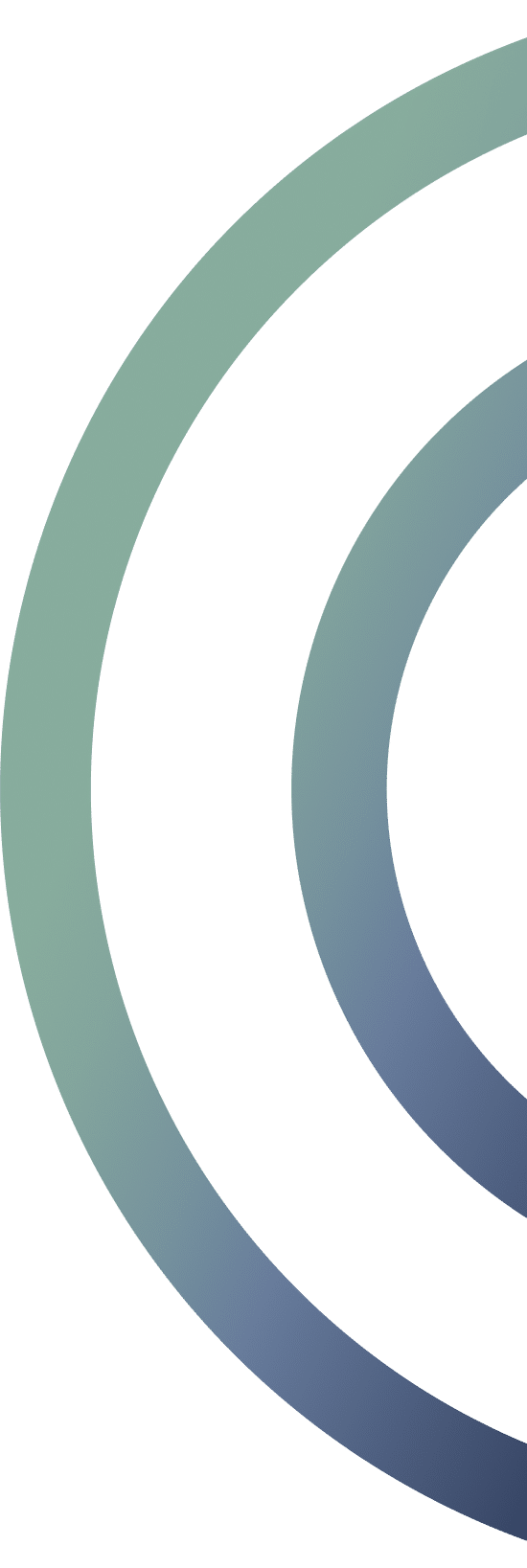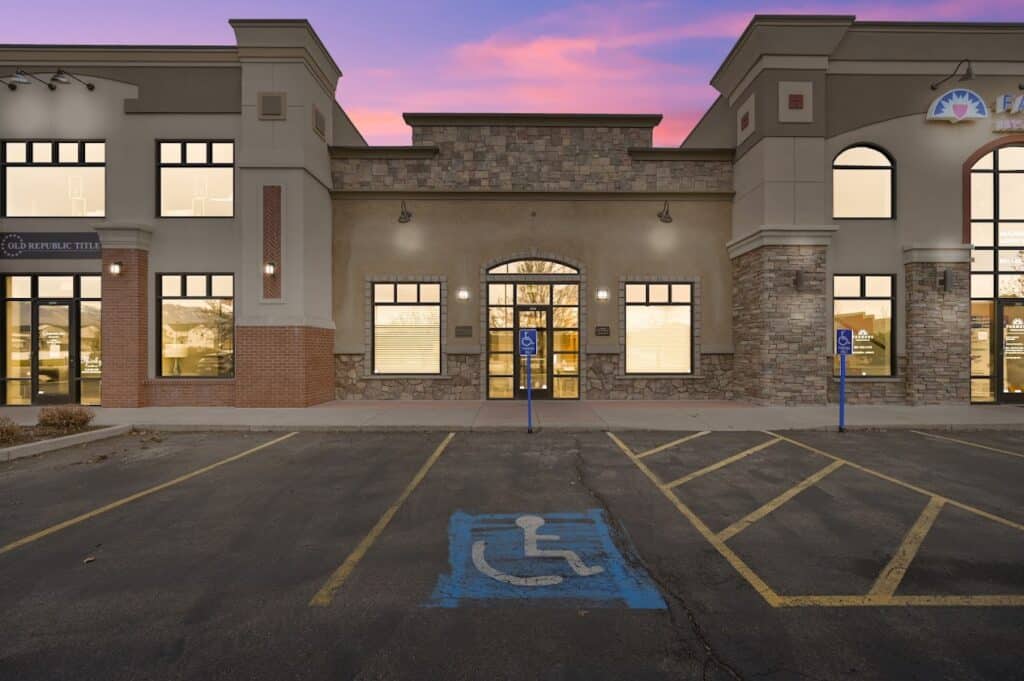OCD is a severe mental health disorder that can cause extreme anxiety, strained relationships and impact daily functioning. It is marked by obsessions and compulsions.
Rigid thinking, intrusive thoughts, ongoing anxiety, irrational fears (common ones include germs, dirt, change or religious persecution)
Behaviors that individuals with OCD feel the need to complete to reduce obsessions. These could include cleaning, counting, or following a rigid routine.

Our residential treatment center for mental health provides 24-hour care for individuals who struggle with obsessive-compulsive disorder. We offer therapies such as CBT, DBT, Family Therapy & Ketamine Assisted Therapy.

Our Partial Hospitalization Program (PHP) provides clients with intensive therapy while allowing them to return to the comfort of their homes in the evening. Our PHP gradually helps clients re-engage with their community, prepare for employment, and successfully re-enter school.

Our intensive outpatient programs for mental health provide flexibility so clients can continue their daily routines such as work or school. We offer evidence-based therapies for OCD such as CBT and Ketamine Assisted Therapy tailored to the individual needs of

Our family program helps build a support system to help manage symptoms and provide stabilization. Clients who have OCD may struggle with strained relationships, having loved ones as part of the healing process can make treatment outcomes more successful.

OCD includes symptoms of obsessions, compulsions or a mix of both. These can look like uncontrollable thoughts or fears that cause distress and ritualistic behaviors one performs to ease this anxiety. An official diagnosis should be done by a licensed mental health professional.
Treatment may not lead to a cure, but can help manage symptoms and let individuals live a life free of being trapped in the cycle of OCD.
The go to treatment for OCD is Cognitive Behavior Therapy. This can help break negative thought loops and develop positive coping skills to ease anxiety that often accompanies OCD.
During therapy clients may learn coping skills to help ease OCD anxiety. These may include mindfulness, yoga, deep breathing exercises or meditation. Therapists will also help clients build a healthy sleep routine to help manage stress and ease symptoms.

We are specifically formulated to offer personalized therapeutic interventions to adult individuals with mental health disorders.

We provide a comprehensive Intensive Outpatient Program (IOP) that offers clients the opportunity to attend group therapy sessions three to five times a week.
Corner Canyon now accepts most major health insurance plans. Get in touch with our admissions team today.
